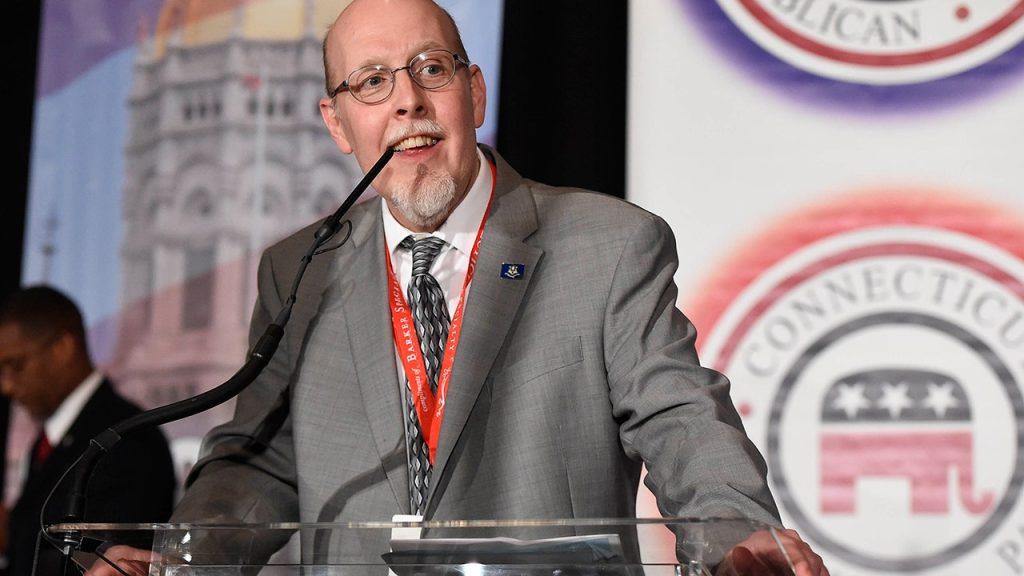Connecticut’s Supreme Court recently ruled in favor of two Republicans running for the state legislature, Sen. Rob Sampson and former Sen. Joe Markley, who were fined thousands of dollars for criticizing the Democratic governor in ads paid for by their publicly funded campaigns in 2014. The court overturned the fines imposed by the State Elections Enforcement Commission, stating that the commission violated the constitutional free speech rights of the two lawmakers. This decision could impact other states that have similar public funding programs for political campaigns.
The commission had initially fined Sampson and Markley for violating the rules of the state’s Citizens’ Election Program by criticizing then-Gov. Dannel Malloy in campaign materials. However, the Supreme Court determined that the commission’s interpretation of the law went too far by restricting the lawmakers from criticizing Malloy, who was running for reelection at the time. The court found that the communications were legitimate expressions of the candidates’ views and not an attempt to influence Malloy’s campaign.
The ruling cited previous decisions by the U.S. Supreme Court and other courts regarding the limits on free speech in publicly funded campaigns. Thirteen states offer some form of public funding to candidates for state offices, and this case in Connecticut could set a precedent for how free speech rights are protected in such programs. The court emphasized the importance of allowing candidates to communicate their viewpoints to voters without undue restrictions.
The case in Connecticut raises important questions about the boundaries of free speech in publicly funded campaigns and could have implications for other states with similar programs. The attorney representing the lawmakers suggested that tying candidates to opposing figures, such as President Trump or Sen. Sanders, is relevant in today’s political climate. The decision by the Supreme Court underscores the need to respect candidates’ free speech rights in the context of public campaign funding.
The Elections Enforcement Commission is reviewing the court’s decision and consulting with the Attorney General’s Office to determine the next steps. Connecticut has been a leader in campaign finance reform, and this case presents a unique challenge in interpreting and enforcing the law. Both lawmakers expressed relief and satisfaction with the court’s ruling, as it vindicated their rights to free speech and clarified the rules regarding public campaign funding.
Sampson and Markley had sent out campaign materials in 2014 criticizing Malloy’s fiscal policies and highlighting their conservative positions. The commission had determined that these materials violated the public campaign funding law by effectively supporting another candidate, Tom Foley, who was challenging Malloy at the time. The lawmakers appealed the commission’s decision, first to Superior Court and then to the Supreme Court, which ultimately ruled in their favor. This case highlights the complexities of regulating political speech in the context of public funding for campaigns.













